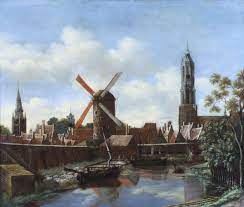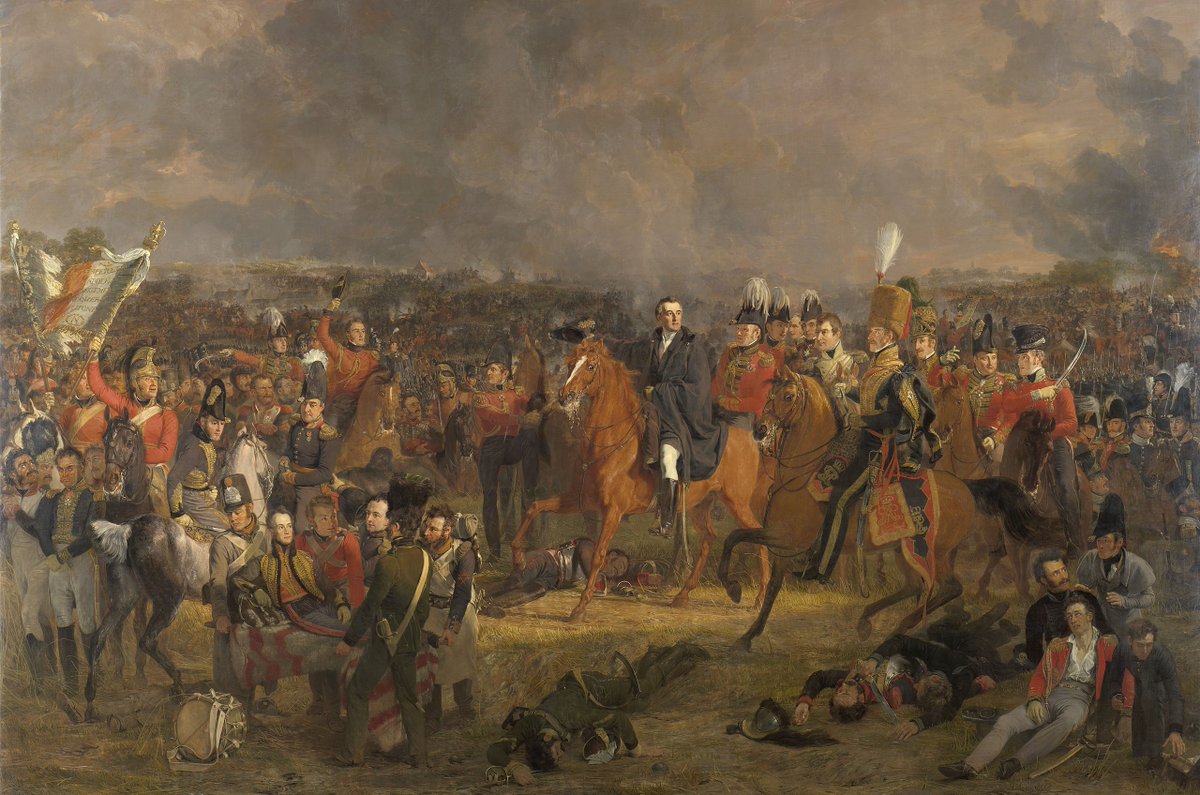
Europeans had been making glass since the Late Bronze Age (and Egyptians even earlier), but despite considerable advances in the Hellenistic and Roman periods, the product was rough and opaque. 2/ 

During the 13th century, however, Venetian glassmakers on the island of Murano—where they had been confined by the city's government to prevent the spread of fires and trade secrets—discovered new techniques for making a durable and transparent product. 3/ 

Murano glass was the product of economic and geographical circumstance. It was composed of the local pure-silica quartz, which could be ground into a fine, clear sand and combined with Levantine soda ash (upon which the Venetians held a monopoly) before being melted. 4/ 

The Murano glassmakers ruled the industry for three centuries, shipping everything from windowpanes to dinnerware across Europe, and by 1581 there were 28 furnaces on the island. Philip II of Spain and Pope Clement VII were among dozens of royal and ecclesiastical collectors. 5/ 

Venice sought desperately to keep its monopoly. If a glassmaker left without permission, he would be asked to return. If he refused, his family would be imprisoned, and if he still persisted, an assassin would be hired to kill him off. 6/
But European states were determined to set up luxury glass industries and lured away Venetian glassmakers to train their own artisans. The Venetian style spread across the continent. 7/
Venice's loss was Europe's gain. In 1260, Roger Bacon developed the first pair of spectacles, which became increasingly effective with the new glass. Glass windows spread rapidly, first in palaces and churches, but thenceforth to businesses and homes. 8/
The economic and social impact was vast. Spectacles increased the working lives of scholars and helped to spread literacy. Windows increased the duration and efficiency of indoor work. Greenhouses allowed the spread of fruits and vegetables (and thus healthier diets). 9/ 

The microscope (1590), thermometer (1593), telescope (1608), and barometer (1644) transformed and expanded the sciences, and the Scientific Revolution took off during the seventeenth century alongside the diffusion of Venetian glass. 10/ 

Most intriguing of all, perhaps, was the impact of the mirror. The ability to see one's own face and body led to the development of a self-consciousness absent in medieval times, and thus to demand for better clothing and cosmetics. 11/
Mirror-gazing cultivated an obsession with individuality, and to new interests in biography, portraiture, and the novel. In the reflection of Venetian glass, Europeans discovered the self—and transformed the continent's economy, thought, and aesthetic sense forever. 12/
If you enjoyed this thread, I write a newsletter about economic and technological history that you can subscribe to here! daviskedrosky.substack.com/subscribe
Might be one for @tylercowen, too.
• • •
Missing some Tweet in this thread? You can try to
force a refresh
















